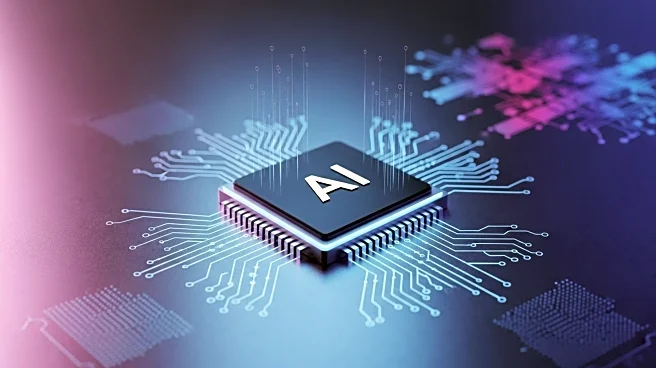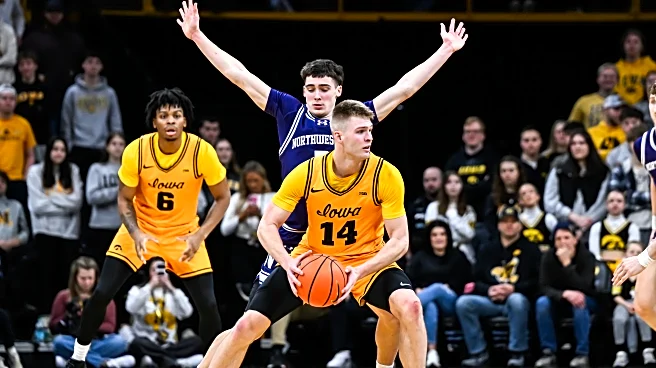What's Happening?
Anthropic has agreed to settle a lawsuit with a group of authors who accused the AI company of illegally using their copyrighted books to train its AI models. The settlement follows a ruling by US Senior District Court Judge William Alsup, who initially sided with Anthropic, stating that the use of copyrighted materials was justifiable under fair use. The terms of the settlement have not been disclosed, but the authors' lawyer, Justin Nelson, indicated that details would be announced soon. This case is part of a broader legal trend where AI companies face challenges over the use of copyrighted content for training purposes.
Why It's Important?
The settlement is significant as it addresses the ongoing tension between AI companies and content creators over intellectual property rights. As AI models require vast amounts of data for training, the question of fair use becomes crucial in determining how these companies can legally acquire and utilize copyrighted materials. The outcome of this case could influence future legal standards and practices in the AI industry, potentially impacting how AI models are developed and trained. It also highlights the need for clear legislation to guide the use of copyrighted content in AI development.
What's Next?
Details of the settlement will be announced in the coming weeks, which may provide insights into how similar cases might be resolved in the future. The AI industry will likely continue to face legal challenges as it navigates the complexities of copyright law. Stakeholders, including authors, publishers, and AI companies, may push for legislative changes to clarify the boundaries of fair use in AI training. The case may also prompt discussions on ethical considerations in AI development, particularly regarding the use of copyrighted materials.
Beyond the Headlines
This case highlights the broader ethical and legal challenges faced by the AI industry as it seeks to balance innovation with respect for intellectual property rights. The settlement may encourage other authors and creators to pursue legal action against AI companies, potentially leading to more stringent regulations. It also underscores the importance of establishing clear guidelines for the use of copyrighted content in AI training, which could shape the future of AI development and its impact on various industries.










